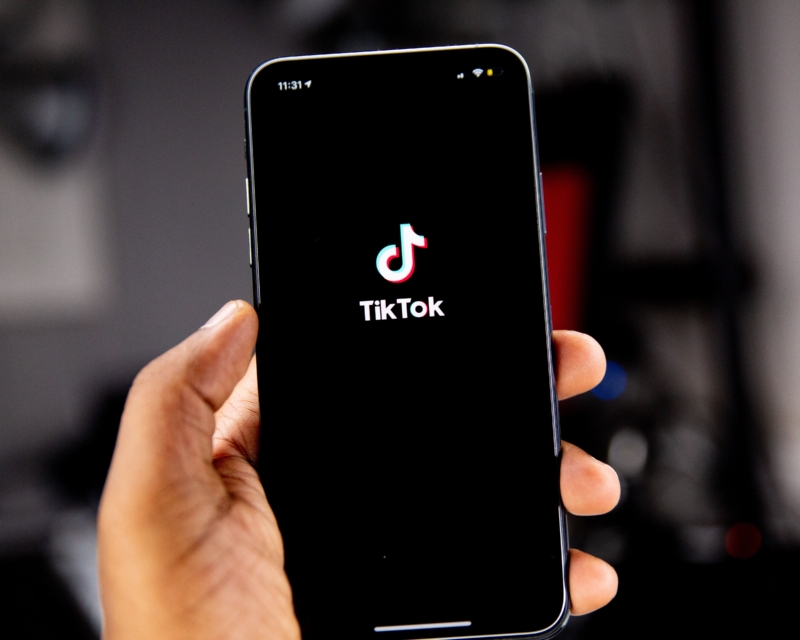Public Support for TikTok Ban Wanes, According to New Pew Research Center Poll
a recent poll conducted by Pew Research Center reveals a significant decline in the number of American adults and teenagers who support the idea of banning TikTok, the popular social media and video-sharing app owned by Beijing-based technology company ByteDance. Despite ongoing concerns about the app’s ties to the Chinese Communist Party, its algorithmic practices, and its potential impact on mental health, public sentiment against TikTok seems to be softening.
According to the Pew Research Center survey, the percentage of U.S. adults expressing support for a government ban on TikTok has plummeted from 50% in March to 38% in the most recent polling conducted this fall. The survey also notes that a growing number of respondents are either opposed to or uncertain about a potential ban compared to earlier in the year.
The political landscape plays a role in the shifting perspectives, with notable differences between Republicans and Democrats. In the recent survey, 50% of Republicans expressed support for banning TikTok, marking a 10% decrease since March. On the other hand, Democrats have undergone a more noticeable shift, with 33% opposing a ban, 29% supporting it, and 38% remaining unsure.
Among teenagers, the survey indicates that 44% of Republicans and 58% of Democrat teens are now against banning the platform, emphasizing the generational and political divides on this issue.
While adults under the age of 30 have consistently opposed a ban, older demographics are gradually aligning with this perspective. The survey notes that support for a ban among adults ages 30 to 49 has decreased from 45% in March to 36%, while those ages 50 to 64 and 65 and older have seen similar declines (39% to 54% and 49% to 71%, respectively).
One of the most significant contrasts in opinion has been between users and non-users of TikTok. Interestingly, support for a ban among non-users has dropped by 13 percentage points, while uncertainty and opposition have increased.
Despite ongoing scrutiny and political condemnation, it appears that TikTok is successfully navigating its public image, with a decreasing number of Americans advocating for its ban. The shifting dynamics suggest a complex interplay of political affiliations, age demographics, and user experiences influencing public opinion on the popular social media platform.





